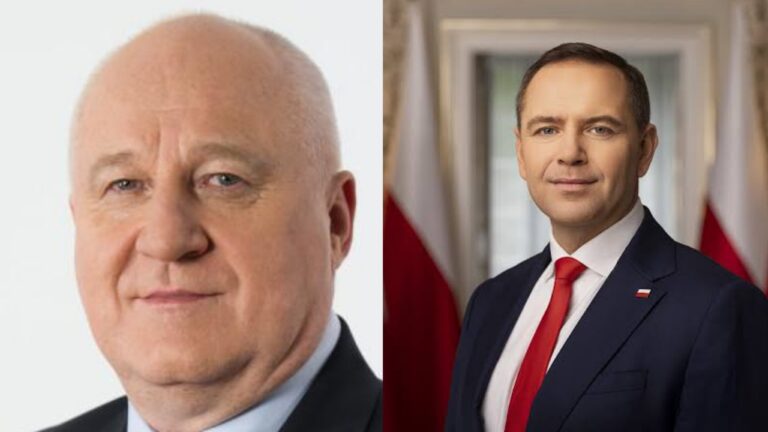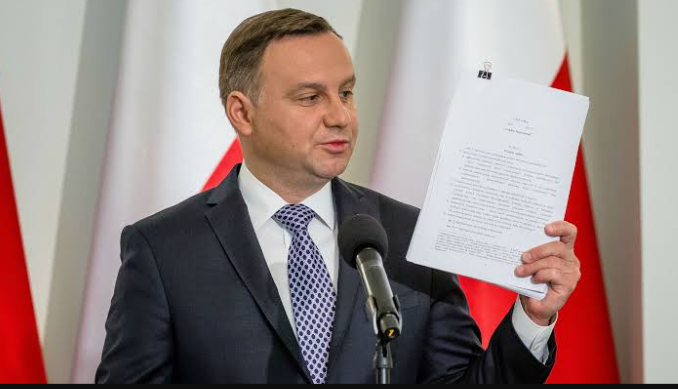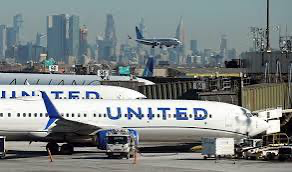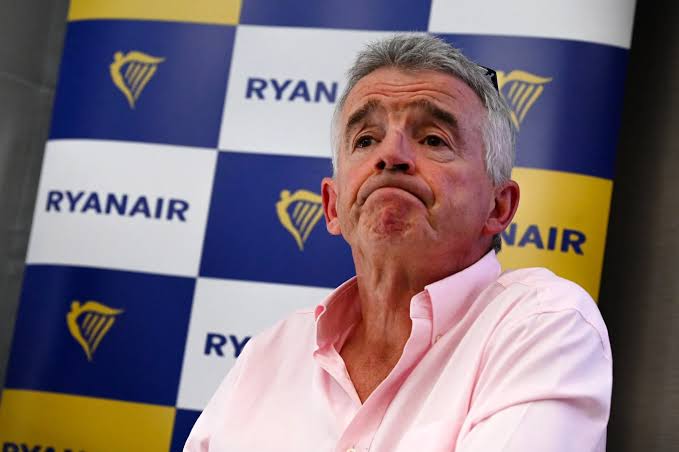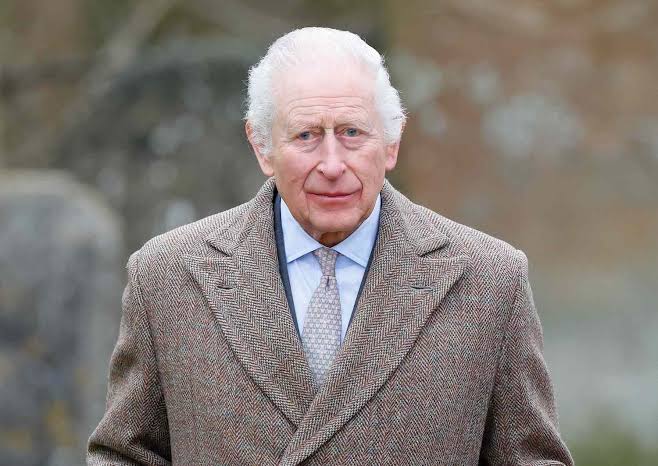Press Secretary Karoline Leavitt on MS-13 Leader Arrest
Press Secretary Karoline Leavitt on MS-13 Leader Arrest: A Major Victory for National Security
In a significant breakthrough in the fight against organized crime, U.S. authorities have announced the arrest of a high-ranking leader of MS-13, one of the most violent and notorious transnational criminal organizations. White House Press Secretary Karoline Leavitt addressed the nation in a press briefing, highlighting the administration’s commitment to dismantling criminal networks and ensuring the safety of American communities.
The Arrest: A Major Blow to MS-13
The captured MS-13 leader, whose identity has not yet been fully disclosed due to the ongoing investigation, was apprehended in a coordinated effort between the FBI, Department of Homeland Security (DHS), and local law enforcement agencies. The arrest marks a significant victory in the federal government’s ongoing efforts to combat gang-related violence and transnational crime.
According to officials, the suspect has been linked to numerous violent crimes, including drug trafficking, human smuggling, and homicide operations spanning multiple states. His influence extended beyond the U.S., with strong ties to MS-13’s leadership in El Salvador.
Press Secretary Karoline Leavitt praised the law enforcement agencies involved, stating:
“This arrest sends a clear message: The United States will not tolerate violent criminal organizations threatening our communities. The Biden administration is committed to ensuring that gang leaders who spread violence and terror are brought to justice.”
MS-13: A Persistent Threat
MS-13, or Mara Salvatrucha, originated in the 1980s in Los Angeles but has since evolved into a powerful and highly organized gang with thousands of members across North and Central America. Known for its brutal tactics, the gang is involved in drug and human trafficking, extortion, and targeted killings.
The U.S. government has long classified MS-13 as a priority for law enforcement, and previous administrations have launched aggressive crackdowns. However, the gang’s ability to operate across international borders has made it difficult to fully eradicate its influence.
Over the years, the U.S. has worked closely with authorities in El Salvador, Guatemala, and Honduras to disrupt MS-13’s activities. The recent arrest is part of a broader federal strategy that includes enhanced intelligence-sharing and cross-border cooperation to dismantle the gang’s operations.
Political Reactions and Policy Implications
The arrest has sparked reactions across the political spectrum. Supporters of the administration have hailed it as proof of the government’s commitment to law and order, while critics argue that more needs to be done to address the root causes of gang violence, such as immigration policy and border security.
During the press briefing, Leavitt emphasized that tackling MS-13 requires a multi-pronged approach, including:
Strict Law Enforcement Measures – Increased funding for federal task forces targeting organized crime.
Stronger Border Security – Preventing the illegal entry of gang members into the U.S.
International Cooperation – Partnering with Central American nations to disrupt gang operations at the source.
Republican lawmakers have pointed to the arrest as evidence that tougher immigration policies are necessary. House Minority Leader Kevin McCarthy stated:
“While this arrest is a step in the right direction, we must do more to secure our borders and prevent dangerous criminals from entering our country in the first place.”
Meanwhile, Democratic leaders have underscored the importance of addressing poverty and instability in Central America to curb the conditions that fuel MS-13’s recruitment. Senator Alex Padilla (D-CA) remarked:
“We need a comprehensive strategy that includes not only law enforcement but also investments in economic development and youth programs in communities vulnerable to gang influence.”
A Turning Point in the Fight Against MS-13?
The arrest of a high-ranking MS-13 leader is undoubtedly a victory for law enforcement, but experts caution that it is only one battle in a much larger war. The gang operates in decentralized cells, meaning that leadership arrests—while impactful—do not necessarily dismantle the organization entirely.
Security analysts warn that MS-13 has demonstrated resilience in the past, often responding to high-profile arrests by increasing violence or shifting tactics. Some fear that retaliation attacks could occur, particularly in regions where MS-13 maintains a strong presence.
Nonetheless, Leavitt reaffirmed the administration’s dedication to pursuing justice and keeping communities safe. She assured the public that federal agencies remain vigilant and will continue their efforts to combat organized crime.
“The American people deserve to live without fear of gang violence. This administration will not rest until we have dismantled criminal networks that threaten our way of life,” she declared.
Looking Ahead: What Comes Next?
As the investigation continues, authorities are expected to reveal more details about the MS-13 leader’s operations and the extent of his criminal network. Prosecutors are likely to pursue severe charges, potentially including racketeering, drug trafficking, and conspiracy to commit murder.
Meanwhile, federal law enforcement agencies will continue their crackdown on MS-13 affiliates nationwide. The administration has also hinted at upcoming legislative efforts aimed at bolstering anti-gang initiatives, enhancing border security, and increasing penalties for organized crime involvement.
The arrest serves as a stark reminder of the ongoing challenges posed by transnational criminal organizations. While it represents a major victory for law enforcement, the broader fight against MS-13 and similar gangs is far from over.
For now, communities impacted by gang violence can take some comfort in knowing that one of MS-13’s top leaders is off the streets and behind bars—at least for the time being.

